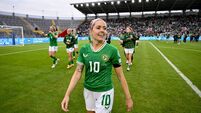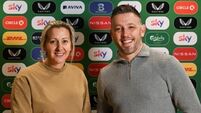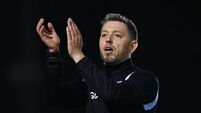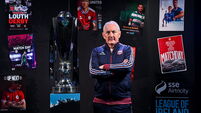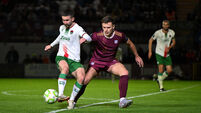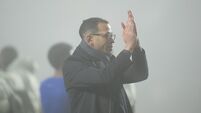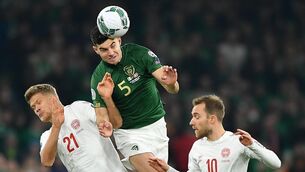John Fallon: Ireland women should heed past lessons in World Cup bid
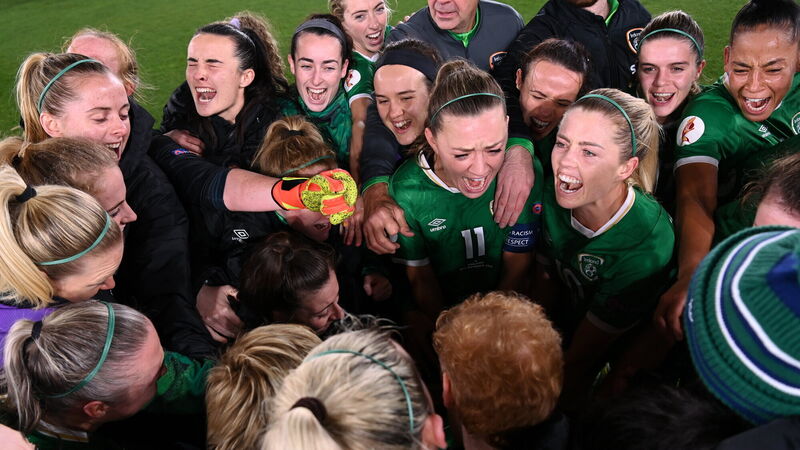
Republic of Ireland players, including captain Katie McCabe, centre, and Denise O'Sullivan, right, celebrate their victory over Finland. Picture: Stephen McCarthy/Sportsfile
Leaving Helsinki’s storied stadium last Tuesday, there was a real inkling that Ireland’s women had used the venue to embark on their own piece of history.


